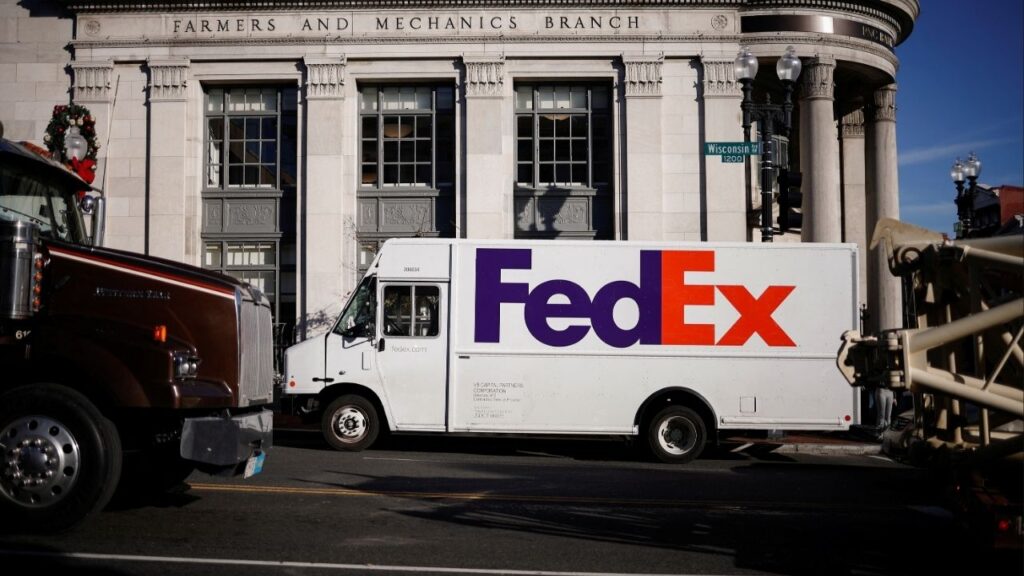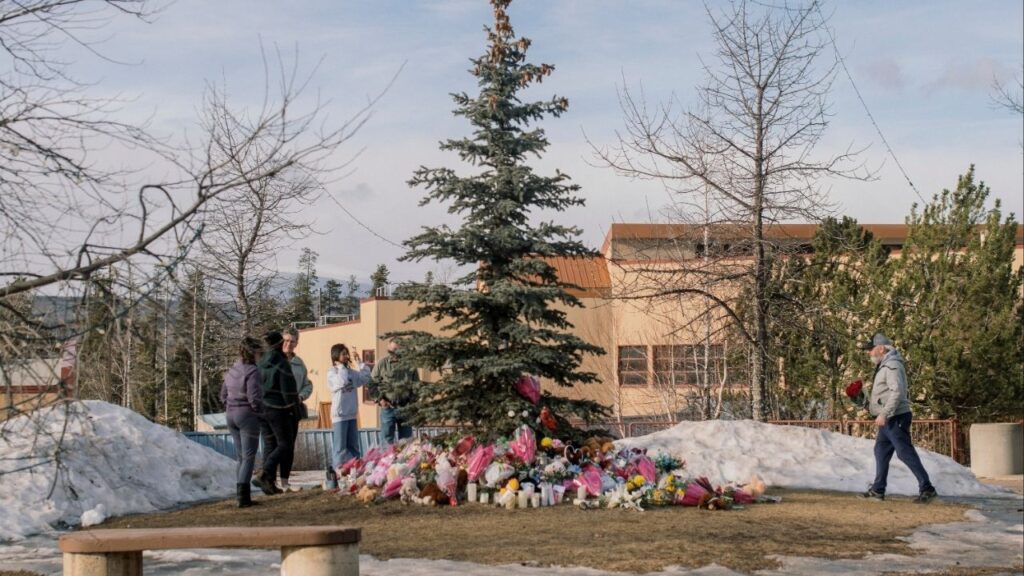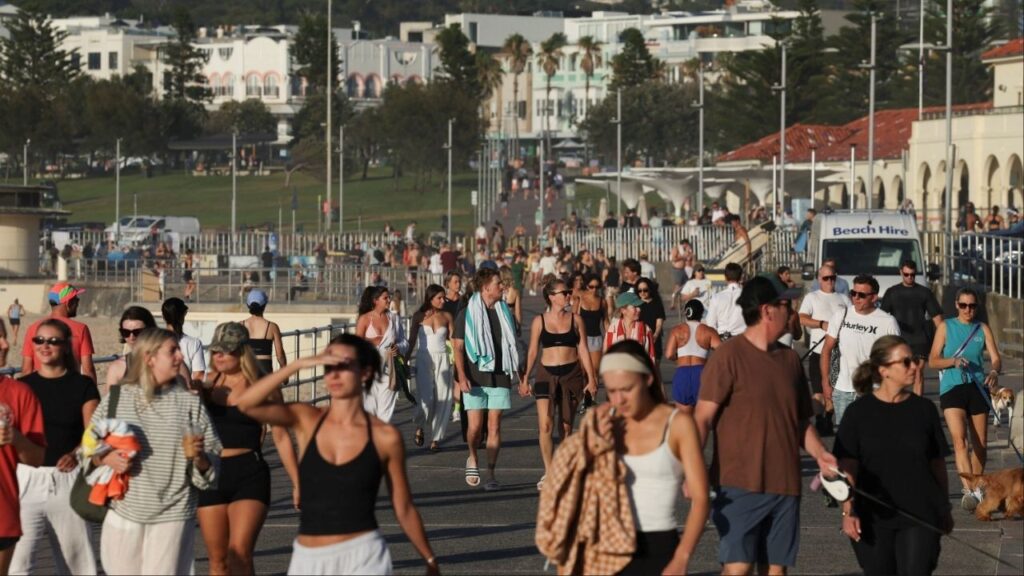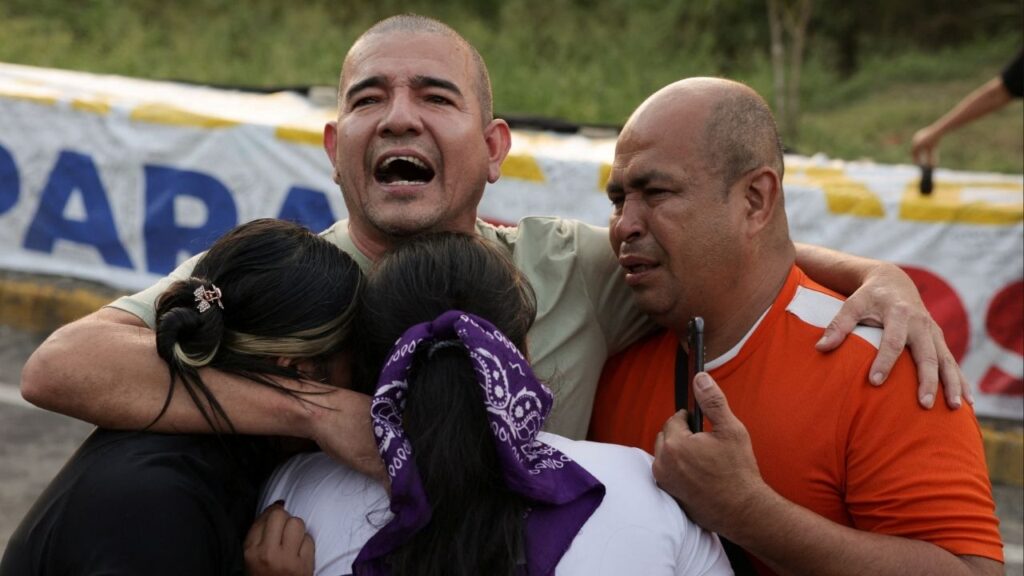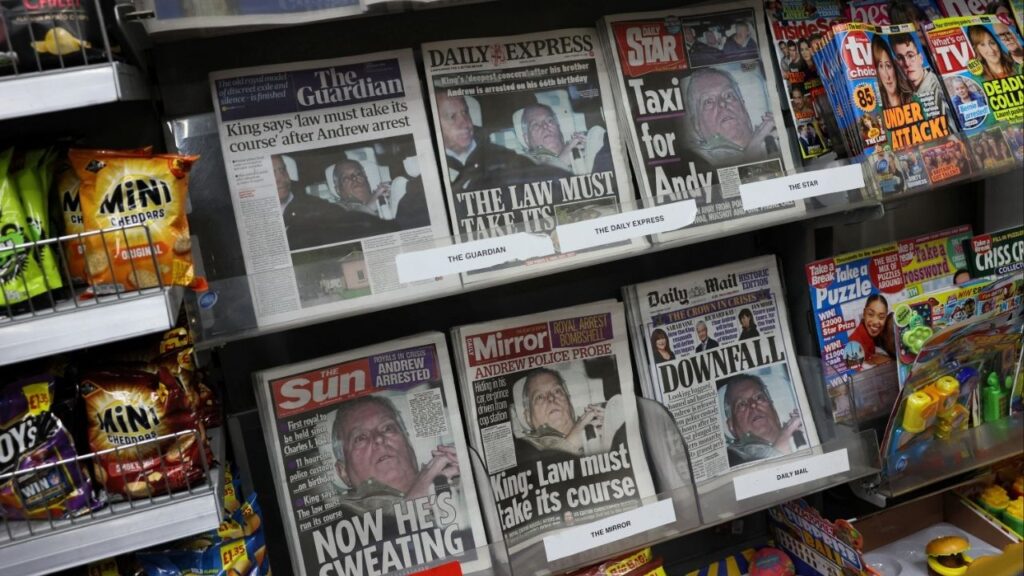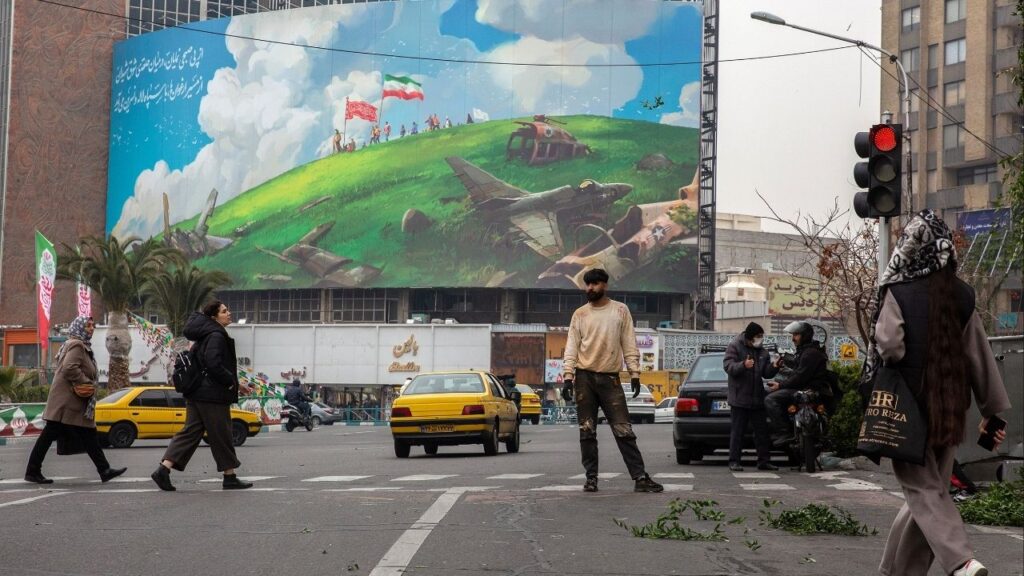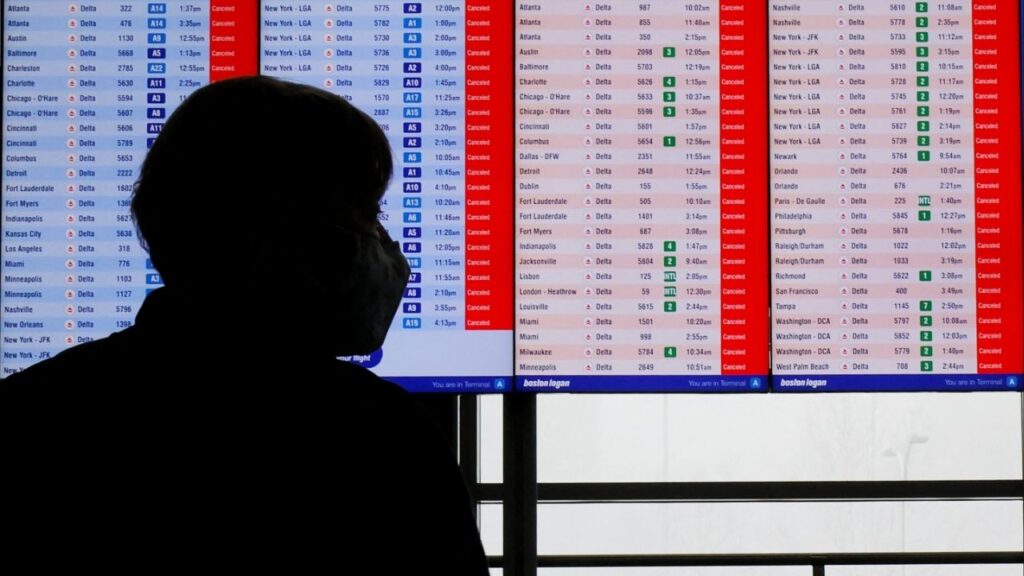Hezbollah supporters during the funeral of Ibrahim Aqeel, a senior Hezbollah commander, after he was killed in an Israeli airstrike, in Beirut on Sunday, Sept. 22, 2024. (Diego Ibarra Sánchez/The New York Times)
Share
|
Getting your Trinity Audio player ready...
|
The past week has seen a significant rise in tensions between Israel and Hezbollah, the Lebanese militia supported by Iran. Back-and-forth attacks have brought the two sides to the brink of their first full-scale war since 2006, when they fought a 34-day conflict that involved an Israeli ground invasion and killed over 1,000 Lebanese and 150 Israelis.
Hezbollah and Israel have been trading cross-border missile and drone attacks since last October, forcing the evacuations of tens of thousands of civilians on both sides of the frontier. Hezbollah says it is fighting in support of Hamas in the Gaza Strip, while Israel says it is acting to secure its northern border.
Here is a look at the events of the past week:
Tuesday, Sept. 17
Hundreds of pagers suddenly and simultaneously blew up across Lebanon in an apparently coordinated attack that targeted members of Hezbollah. At least 12 people were killed and more than 2,000 others injured, according to Lebanese health authorities. Many of those killed and wounded were Hezbollah members, but the stunning blasts also killed two children and wounded Iran’s ambassador to Lebanon. Hezbollah and Lebanese officials blamed Israel, an assessment confirmed by U.S. and other officials. Israel did not explicitly claim responsibility.
Wednesday
The next day, walkie-talkies owned by Hezbollah members exploded, killing at least 20 people and wounding hundreds of others. Israel did not claim this attack, either, but experts said both operations required extensive planning and sophistication. Yoav Gallant, the Israeli defense minister, said that the “center of gravity” of Israel’s military effort, which had focused on defeating Hamas in Gaza, was “moving north.”
Related Story: Lebanon Sees Deadliest Day of Conflict Since 2006; Officials Say Israeli ...
Thursday
Hassan Nasrallah, the leader of Hezbollah, gave a speech from an undisclosed location in which he acknowledged that his group had “endured a severe and cruel blow” but promised to retaliate against Israel. As his speech was broadcast, sonic booms from Israeli fighter jets flying over Beirut frightened residents. Hours later, Israel carried out dozens of airstrikes targeting what it said were Hezbollah rocket launchers, in what Lebanese officials described as one of the heaviest bombardments of southern Lebanon in months.
Friday
An Israeli airstrike flattened at least one residential high-rise in the heart of the Dahiya, crowded neighborhoods south of Beirut where Hezbollah holds sway. A top Hezbollah commander, Ibrahim Akil, was killed in the strike. The Israeli military also said that “around 10” senior commanders in Hezbollah’s elite Radwan force had been killed.
Lebanon’s Health Ministry said at least 45 people were killed in Friday’s airstrike and dozens more were injured, including children.
Saturday
Israel again pummeled southern Lebanon from the air, striking what it said was about 400 Hezbollah targets. Hezbollah launched missiles at northern Israel that set off alarms in around 70 towns and caused minor injuries, though most of the missiles were intercepted.
Sunday
Hezbollah launched more than 100 missiles, rockets and drones into Israel and hit areas roughly 30 miles inside the country, its deepest strikes since the start of the war last October. Prime Minister Benjamin Netanyahu of Israel said his government would take “whatever action is necessary” to diminish the threat posed by the group, while Hezbollah’s deputy leader, Naim Qassem, said the conflict was entering a “new stage.”
Experts said Hezbollah’s strikes appeared to be calibrated to show its reach — one hit a town north of the Israeli city of Haifa — while avoiding striking areas that could provoke a heavier Israeli response.
Monday
Israeli warplanes struck hundreds of sites across Lebanon in a bombardment that Lebanon’s Health Ministry said killed more than 270 people. Before the attacks, Lebanese authorities said “a large number” of automated messages had been sent to residents of Beirut and other regions telling them to evacuate from areas where Hezbollah had hidden weapons. Netanyahu warned his nation of “complicated days ahead,” saying that Israel was “not waiting for the threat to come, we’re preempting it.”
–
This article originally appeared in The New York Times.
By Matthew Mpoke Bigg/Diego Ibarra Sánchez
c. The 2024 New York Times Company
RELATED TOPICS:
Categories
